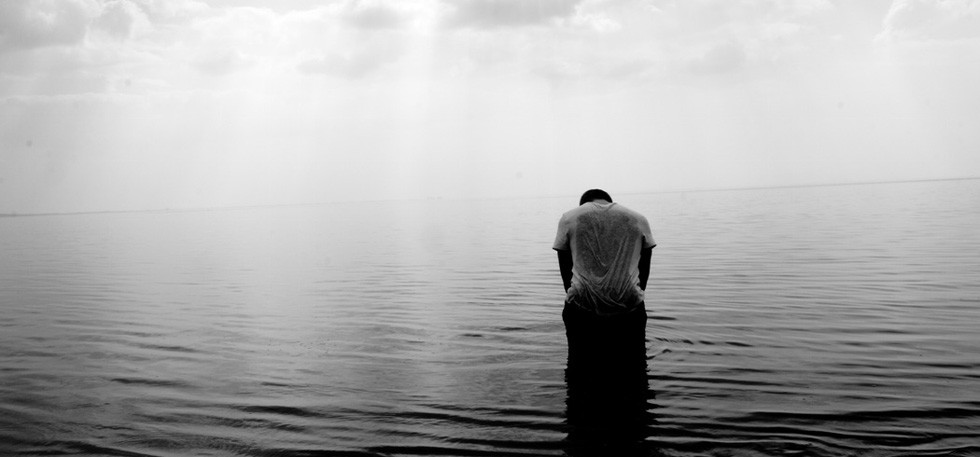My earliest memories of Christian faith are when I was eight years old. I remember experiencing the presence of God in times of prayer and worship. Those were special years… my faith was pure and simple. By the time I was eighteen I had a strong Christian foundation, though with one exception—my faith had no context for suffering. I honestly can’t remember any teachings that seriously addressed the topic of theodicy.
It would be eight more years before I first understood the critical role suffering can play in the Christian life—and this only because desperate circumstances forced me to finally face it. The way we respond to suffering can profoundly open our eyes to God’s presence, strengthen our faith, and renew our hope… or it can violently destroy our faith, dry up our hope, and blind us to his redeeming grace.
We live in a broken world where suffering, pain, and death are ongoing consequences of the first sinful choices made in a Garden long, long ago (Genesis 3). Neither then, nor today does God erase the consequences of such choices. Rather, in his wisdom and power he transforms even the most horrific of consequences when we respond not according to our selfish desires but in faith.
While I would never have chosen my suffering, I cannot deny how much it has taught me to surrender and trust my life to Christ. Scripture teaches that in this world we will have trouble (John 16:33) just as much as it encourages us to expect God to give us good things (Matthew 7:11). We do not have to understand God’s ways to trust his methods… especially when he chooses to let the dark night of suffering eclipse our sunny days of joy and peace.
There is a special grace available in our season of suffering because “God is near the broken hearted” (Psalm 34:18). I call this God’s gift of presence. He miraculously transforms our crucible of suffering into a chapel of worship and prayer when we press into his presence in such dark days. While God’s grace is free to all who choose, this gift of presence is costly… but those who pay it are never disappointed.
Understand, I am not promoting a life of suffering as more spiritual or better than one with less pain. However, those who suffer have an opportunity to know God more intimately; yet such an opportunity is contingent on the kind of desperation they choose—holy or earthly. Holy desperation unveils the gift of presence while earthly desperation only shrouds it. This is one choice we don’t want to get wrong. Next week, we discuss how our awareness of God’s presence helps or hinders how we understand Christian salvation.
What Do You Think?
Have you experienced the grace of presence in suffering? What happened and how did it affect you? What do you think hinders us from experiencing God’s presence in our suffering?
